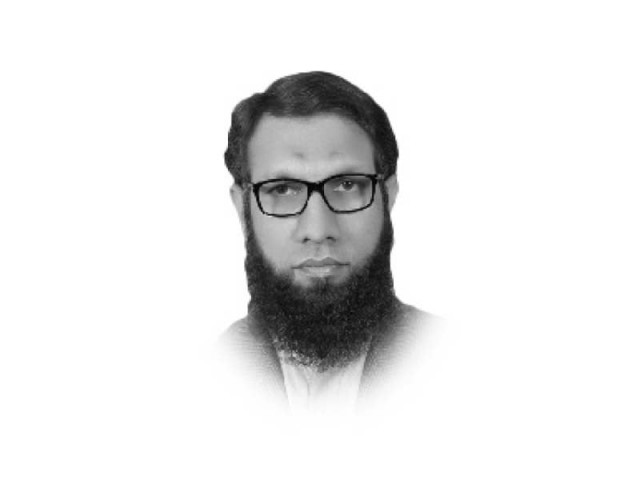Doubt and belief
The boundary between doubt and belief has further blurred in this age of more information and less reflection

It is not possible for one to sit on the fence throughout one’s life hoping to do or achieve something enviably different! One has to make choices — right or wrong — to move forward or backward. The puzzling questions of life — what it is, who made it, what is its meaning — have to be answered by everyone through words, deeds, or deep contemplation. For some (the mystics and philosophers), the mystery of life gradually unfolds making it more mysterious; for others (existentialists and scientists), life is absurd, empty, and meaningless. Anyone caring a bit about life will have a place somewhere along the continuum, between doubt and belief.
Paradoxically though, doubt and belief are two sides of the same coin. Flip a coin and you get head or tail — the chance decides — and so is the interplay between doubt and belief throughout one’s life. The boundary between the two has further blurred in this age of more information and less reflection. One looks for certainty (belief) in religious, political and social affairs only to end up in ambiguity and doubt. Social media, initially thought to be liberating and empowering, seems to have become an echo-chamber with people hearing their voices back — confirming what one already believes to be true.
The problem of doubt-belief is not a product of the present space and time. It is an ages-old recurring question staring everyone in the face. The prophets tried to answer the question by appealing to Divine’s revelation and showing some miracles. Life, the prophets preached, was to be accepted as useful (not necessarily rational). Many people of their time, however, did not believe in what the prophets preached because of their arrogance (an attitude of rejecting the truth when it is believed to be threatening the power relations in society) or stubbornness (unwillingness to listen to unorthodox ideas). Most often, the clash between opposing worldviews led to religious persecution (forced conversion, exile, and physical/mental torture) but the underlying problem still persisted.
Philosophers tried to resolve the issue by appealing to reason (deductive and inductive reasoning). Starting from some presumptions (premises or self-evident truths), they went on a long journey of discovering the unknown realities through logical arguments. They thought they would finally overcome ‘doubt’ and everyone would have the means to discover truth for themselves but they failed simply because what they thought to be self-evident proved doubtful. The foundations, they were trying to build a gigantic edifice on, had no firm foundations of their own to stand on. Today most people do not care much about philosophy for its conjectural nature and complex reasoning process that create more questions than it addresses.
Science, the epitome of European Renaissance, was celebrated as the pinnacle of intellectual journey and an antidote to myths, superstitions, and religious dogmas. The naturalists, positivists, and empiricists (the holy trinity of science) rejected religious dogma and the Greek philosophy (the Aristotelian version in particular) as the basis of true knowledge. They believed that scientific method was the only way to understand the physical phenomenon (matter) and social phenomenon (man). Scientific method depends on observation and experimentation for discovering the underlying laws of nature. Science, however, also failed to answer some fundamental questions relating to the nature of being (what is reality), morality (what is right and what is wrong), and most importantly the meaning of life. Even in the physical sphere, it does not have answers for reality at the quantum level.
So how can we, as products and producers of our choices, make passage through the labyrinth created by religion, philosophy, and science when none of that can be easily discarded or totally believed as the only ‘source’ of knowledge? The answer lies in balancing one’s spiritual, intellectual, and physical needs — an integrated life — which requires a constant struggle for truth in different domains. Doubt, which apparently is the antithesis of belief, nurtures questions that push back the frontiers of knowledge. Similarly, belief has to be formed and lived by even when doubt makes it logically/empirically more difficult. It is because we may never have answers to many questions. Mystery is what makes life a thrilling journey and not the either/or controversy between belief and doubt!
Published in The Express Tribune, October 6th, 2021.
Like Opinion & Editorial on Facebook, follow @ETOpEd on Twitter to receive all updates on all our daily pieces.















COMMENTS
Comments are moderated and generally will be posted if they are on-topic and not abusive.
For more information, please see our Comments FAQ